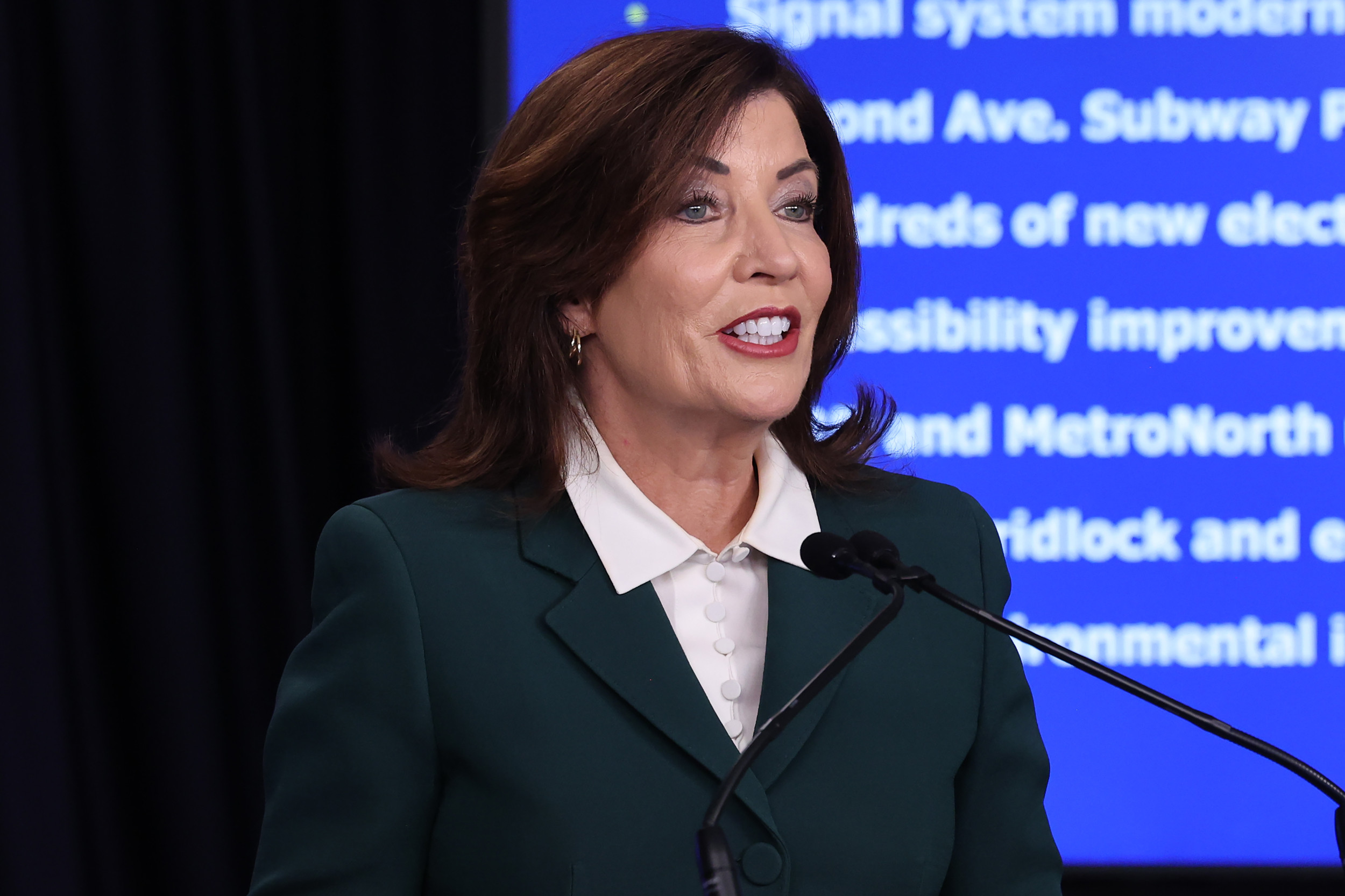French President Emmanuel Macron is actively seeking to appoint a new prime minister following the resignation of Michel Barnier.
Barnier's departure came after a historic no-confidence vote in the National Assembly, marking the first such event since 1962.
The no-confidence motion, which passed with 331 votes––well above the 288 required––was supported by those across the political spectrum in opposition to Barnier's budget proposals.
Macron has since pledged to appoint a new prime minister promptly, vowing to remain in office until his term ends in 2027.

Macron's Two Strategies Explained
Former Brexit negotiator Barnier's ousting after just three months in office—the shortest tenure in modern French history—has plunged the nation into a political crisis.
Macron has been in discussions with centrist allies and conservatives from The Republicans party, but they lack a parliamentary majority.
He chided supporters of the no-confidence motion for choosing "disorder."
Maud Bregeon, the outgoing government's spokesperson, said there was at the moment no "broader" political alliance than the current one spanning center-right.
She relayed comments made by Macron in a Cabinet meeting Wednesday.
Two primary options are under consideration: broadening this alliance to include leftist parties alongside centrists and conservatives or securing agreements with opposition parties to abstain from future no-confidence motions without joining the government.
The first option would create a certain majority in the assembly.

Barnier's Budget 'Toxic for the French'
Talks have notably excluded the far-right National Rally and the hard-left France Unbowed party as Macron focuses on engaging with more moderate political forces.
Socialist leaders, now pivotal in forming a stable government, have shown a willingness to compromise.
However, Jean-Luc Mélenchon––who came third in France's presidential election 2022 as leader of France Unbowed––has called for Macron's resignation and cautioned against Socialist participation in the new government.
Marine Le Pen, leader of the far-right National Rally, criticized Barnier's budget as "toxic for the French." She believes there needs to be a broadening of scope.
"The next prime minister knows what needs to be done to work in decent conditions," she said. "Talk to all political forces and build a budget that doesn't cross the red lines of each party. It's perfectly doable."

Temporary Tax Bill Proposed
France's political instability has raised concerns about the country's economic health.
The recent governmental upheaval disrupted the finalization of the 2025 budget, necessitating temporary measures to ensure the government functions. This will include a bill that grants the outgoing administration, still led by Barnier, the power to continue taxing the public using policies from 2024.
"Regardless of the political situation, France needs to put its public finances in order. This is in our national interest, which transcends partisan interests," Bank of France Governor Francois Villeroy de Galhau said in a speech.
Outgoing budget minister Laurent Saint-Martin described the measure as a stopgap to ensure public services continue uninterrupted until a proper 2025 budget law can be adopted under the new administration.
"It aims to ensure...the continuity of the nation's life, the regular functioning of public services, and the fulfillment of our financial commitments," Saint-Martin said.
This article includes reporting from The Associated Press.




















 English (US) ·
English (US) ·